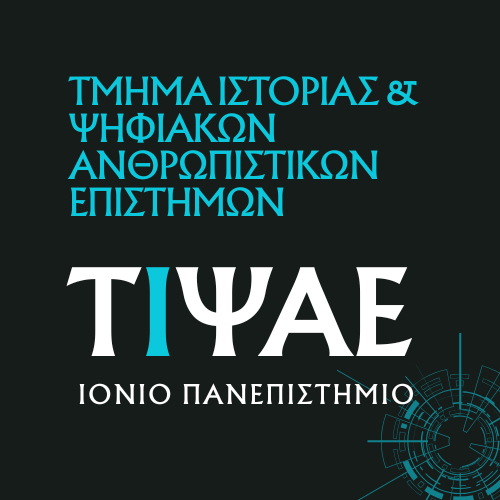ECONOMIC HISTORY, 15th – 19th CENTURY
Teaching Staff: Tsakas Christos, Bozikis Simos
Course Code: ΙΟΙ101
Course Type: Compulsory
Course Level: Undergraduate
Course Language: Greek
Semester: 5th΄
ECTS: 5
E Class Page: https://opencourses.ionio.gr/courses/DHI121/
Curricula: Curriculum in History up to 2024-25, Curriculum in History and Digital Humanities from 2025
This course provides a concise introduction to economic history from the dawn of the modern era to the late 20th century. Its aim is to equip students with background knowledge and analytical tools for understanding broader historical processes and their relationship to the challenges of the present, covering the main features and stages of the evolution of the global economy since the period of European expansion, with particular emphasis on Europe. At the same time, it explores specific topics such as the development of money and credit, the consequences of international trade and the emergence of regional integration efforts (with a case study on the European Union), as well as the broader role of institutions and culture in interpreting long-term economic performance.
The course is structured into thematic units. The opening units introduce key concepts and theoretical tools, followed by an introduction to the medieval economy (Europe, the Arab World, China) and a systematic presentation of European expansion (1500–1700), developments in agriculture and handicrafts (1600–1800), and the role of pandemics in economic history. The lectures conclude with an overview of economic development during the 20th century, offering a critical analysis of the impact of the economic processes that shaped the two preceding centuries (the First and Second Industrial Revolutions, trade liberalization, and the first wave of globalization). The course further examines the “golden age” of the international economic system (late 19th–early 20th century), its collapse during the crises of 1914–1945, the contrasting models of the Cold War, and the renewed turn toward globalization at the century’s end.
Back



